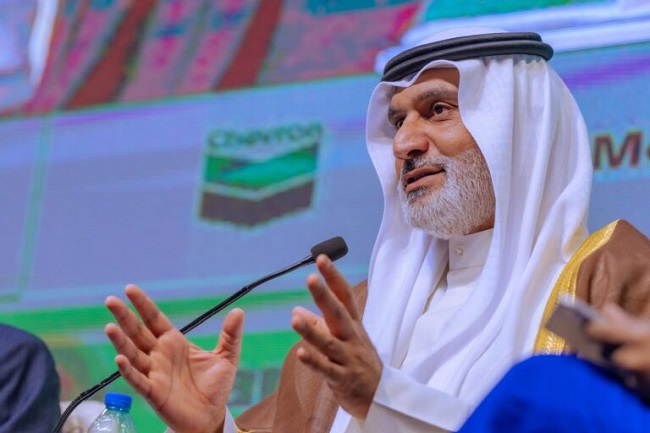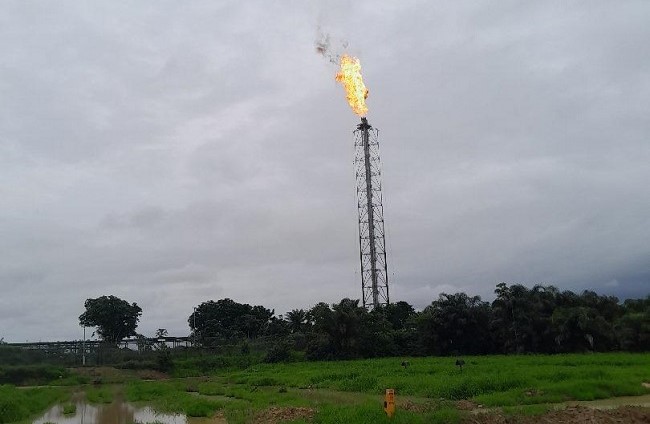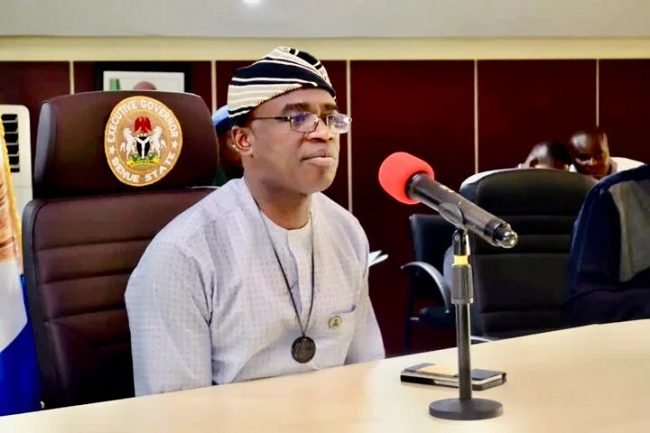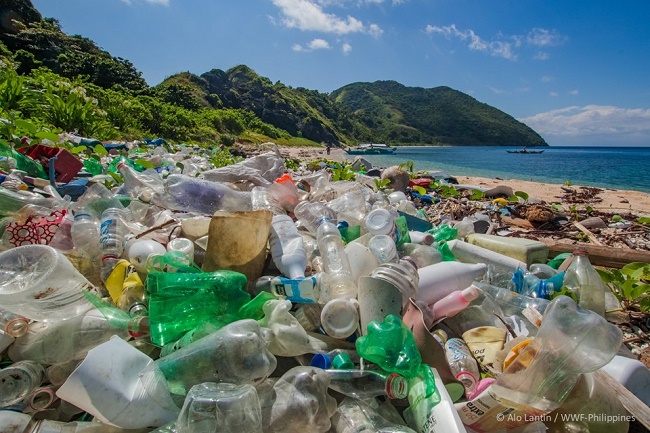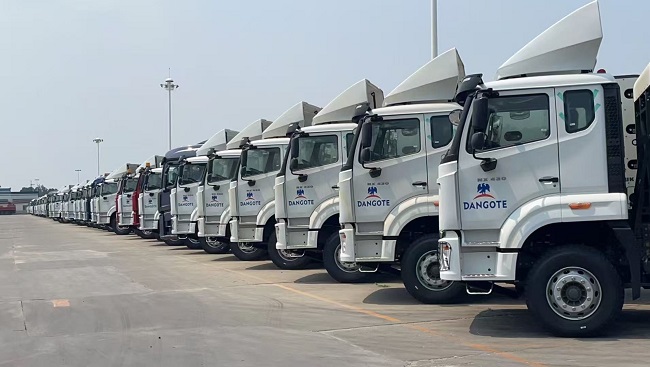The former mayor of the city of Los Angeles, United States of America (2013 – 2022) and former United States of America Ambassador to India (2023 – 2025), Eric Garcetti, has taken a new global leadership role as Ambassador for Global Climate Diplomacy on behalf of C40 Cities Climate Leadership Group.
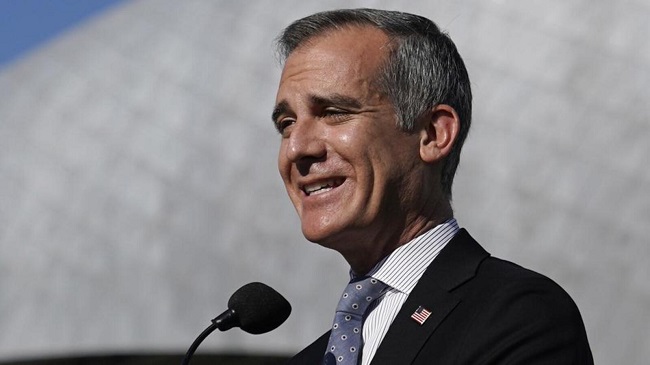
The announcement was made during the Bonn Climate Change Conference. It stands as an inspiring signal that cities are ready to take their engagement in global climate policy to the next level, contribute to its reform and champion the solutions we need.
In this new role, Ambassador Eric Garcetti will help represent cities and their interests in global climate talks, helping to build relationships with national governments, fellow mayors, UN representatives, and other key senior stakeholders. He will advocate for advancing the recognition and engagement of cities in climate policy-making, ensuring their contributions and needs are recognised at COP30.
Eric Garcetti, Former Mayor of Los Angeles and Ambassador, Global Climate Diplomacy, said: “Fires, floods, and extreme heat resulting from climate change are threatening the health, safety, and livelihoods of more than three billion people across the globe. This urgent crisis demands proven solutions, ambitious action, and global collaboration to turn our climate goals into results.
“C40 Cities is helping city leaders clean up the environment and protect the health and safety of people everywhere. I am honoured to help lead the work of cities to take action and build partnerships with global leaders to strengthen the support we need for community-level change – the kind that truly saves lives.”
The Ambassador’s appointment comes at a critical juncture in the lead-up to COP30 in Belém, Brazil, where subnational leaders aim to ensure national governments formally acknowledge subnational actors as key actors in their national climate plans, promoting a multilevel governance approach towards an era of implementation beyond this year’s United Nations Climate Change Conference.
Garcetti became the youngest Mayor in the history of the city of Los Angeles in 2013 and was reelected to a second mandate leading the city until 2022. While Mayor, he was chosen by his global peers to serve between 2019 and 2021 as Chair of C40 Cities – a network of 97 of the world’s biggest cities committed to taking bold climate action.
At COP26 in Glasgow, Scotland, he represented the world’s urban leaders delivering the Cities Race to Zero pledge to heads of States and governments, a commitment of over 1,000 global cities to implement net-zero carbon futures. During his time as Chair of C40 Cities, he not only encouraged global mayors in pushing ambitious climate agendas, but also helped coordinate cities through the COVID-19 crisis with a focus on green recovery.
Following his mayoralty, Garcetti served for two years as U.S. Ambassador to India, deepening his understanding of climate equity, development challenges, and resilience in the Global South.
Mark Watts, C40 Cities Executive Director, said: “Ambassador Garcetti has been a driving force for city leadership on climate and equity – from his transformative tenure as Mayor of Los Angeles to his steady hand as Chair of C40 Cities, guiding the world’s major cities through the twin crises of climate breakdown and the COVID-19 pandemic.
“His appointment as Ambassador for Global Climate Diplomacy comes at a pivotal moment. Eric understands both the potential of cities and the support they need to succeed. He’s exactly the voice we need to champion multilevel cooperation and ensure cities are at the heart of global efforts to protect the people and places we love on the road to COP30.”
In his nine years as Mayor of LA, Garcetti made climate action a cornerstone of his administration. Some of his key achievements in this period include:
- LA’s Green New Deal: A groundbreaking climate action plan that committed the city to carbon neutrality by 2050, with major targets for renewable energy, zero-emissions transportation, and green job creation.
- 100% Renewable Energy Commitment: Under his leadership, LA committed to achieving 100% renewable energy by 2035 – the most ambitious goal of any major U.S. city at the time.
- Transportation Electrification: LA became a global leader in electric vehicle adoption and municipal fleet electrification, while expanding public transit and cycling infrastructure.
- Urban Heat and Resilience Initiatives: Launched urban cooling strategies and appointed the city’s first Chief Heat Officer to protect communities from extreme heat events.
- Zero Waste and Water Sustainability: Advanced zero-waste policies and local water sourcing to reduce dependence on imported water.

